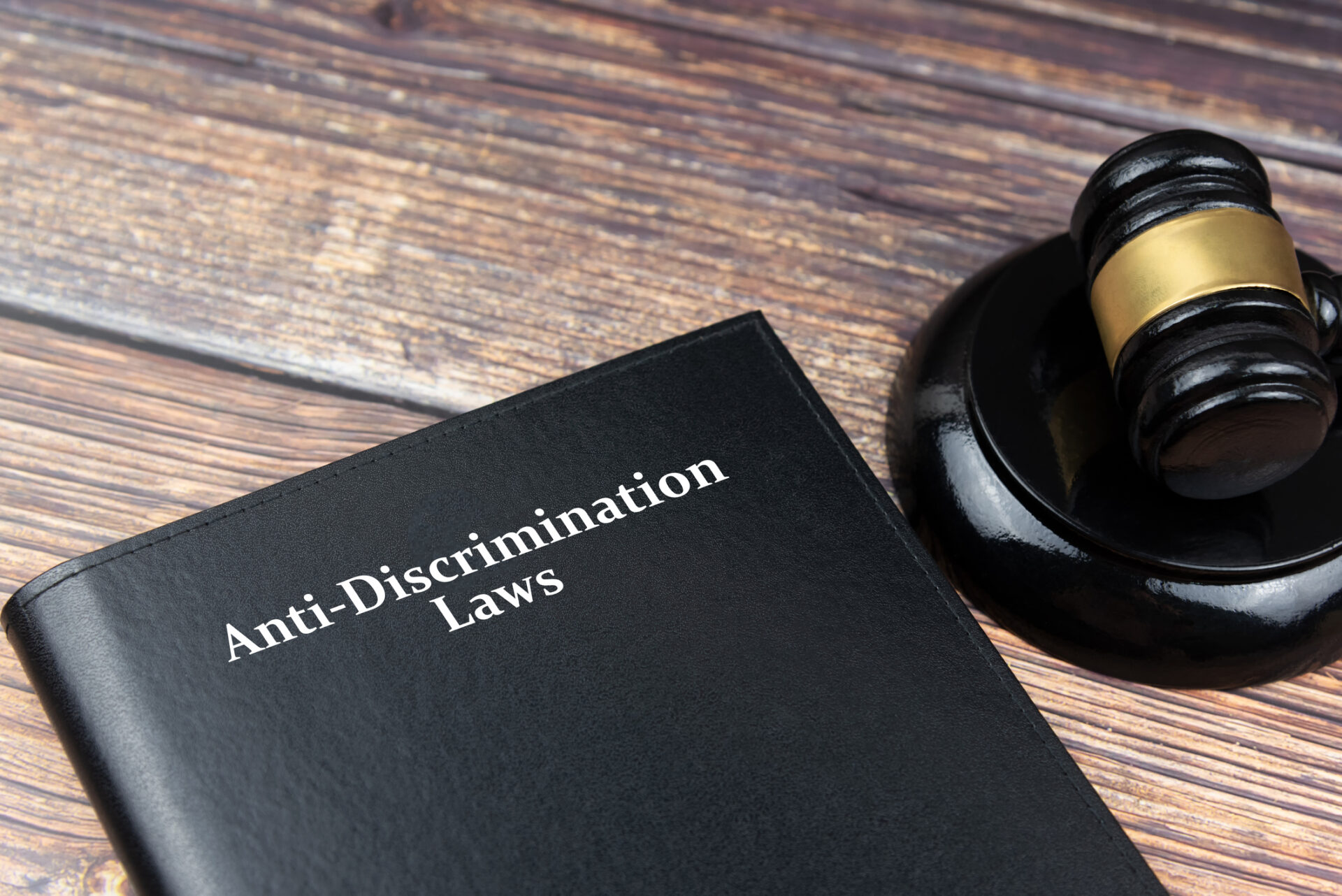
December 18, 2023
Workplace Discrimination Lawsuits Are Up 50% According To EEOC Data
The Age Discrimination in Employment Act of 1967 forbids any company with 20 or more employees from discriminating against those who are 40 or older.
In the fiscal year 2023, the U.S. Equal Employment Opportunity Commission (EEOC) has had to significantly increase its litigation filings to challenge workplace discrimination and ageism.
According to data, the agency has filed 143 new employment discrimination lawsuits, representing an annual increase of more than 50%. Among the filings were 25 systemic lawsuits, nearly twice the number of filings filed in each of the past three fiscal years. The EEOC has also seen 32 non-systemic class suits “seeking relief for multiple harmed parties” and 86 suits seeking relief for individuals. The cases filed by the EEOC challenge workplace discrimination under all of the statutes, including ageism.
The Age Discrimination in Employment Act of 1967 forbids any company with 20 or more employees from discriminating against those 40 or older during any aspect of employment, including recruitment and hiring.
Reports show that Black employees are not exempt from this form of marginalization. For example, former Director of Information Technology Carla Smith alleged she was “systemically forced out” due to her age, BLACK ENTERPRISE previously reported. The EEOC defines systemic cases as “pattern or practice, policy and/or class cases where the discrimination has a broad impact on an industry, profession, company or geographic location,” as stated in a report. Smith, then 53, claimed that a younger supervisor fired her after she raised concerns about ageism in the workplace, which violates the law. The supervisor later resigned.
“When I took a vacation and I came back, I was told I was being terminated. It was traumatic, to say the least. I feel as if, like I said, I’m just one of millions of middle-aged professionals [who] really just want to do our jobs. I know that the treatment, I feel, was unfair. I also think that treatment was illegal,” Smith told WSB-TV.
Tesla was also under close watch after EEOC Chair Charlotte A. Burrows filed a commissioner’s charge claiming it violated Title VII of the Civil Rights Act of 1964. “The electric car company was accused of subjecting Black employees to an unlawful hostile work environment and retaliation for those who complained against it,” BE reported. According to the EEOC’s suit, from at least 2015 to the present day, Black employees at Tesla’s Fremont, California, manufacturing facilities were victims to “racial abuse and pervasive stereotyping” as well as epithets such as variations of the N-word, “monkey,” “boy,” and “black b*tch.”
“Combating systemic harassment in workplaces is a key strategic enforcement priority for the EEOC. Unfortunately, as the lawsuits EEOC has filed this fiscal year show, racial harassment remains a persistent problem in employment. Every employee deserves to have their civil rights respected, and no worker should endure the kind of shameful racial bigotry our investigation revealed,” said Burrows in a written statement.
In order to free up resources, the EEOC announced its launch of E-File for Attorneys, an application which allows attorneys to submit charges of discrimination electronically on behalf of their clients. Attorneys will now be able to immediately upload charges signed by their clients or create a charge for their clients to sign and submit through the EEOC Public Portal.
“We listened to requests from attorneys that we provide them with a streamlined process to submit charges of discrimination on behalf of their clients and found a solution that would also enable the EEOC to better serve the public,” Burrows said.
RELATED CONTENT: United Airlines Accused Of Discriminating Against Minority Flight Attendants On LA Dodgers Charter Flights